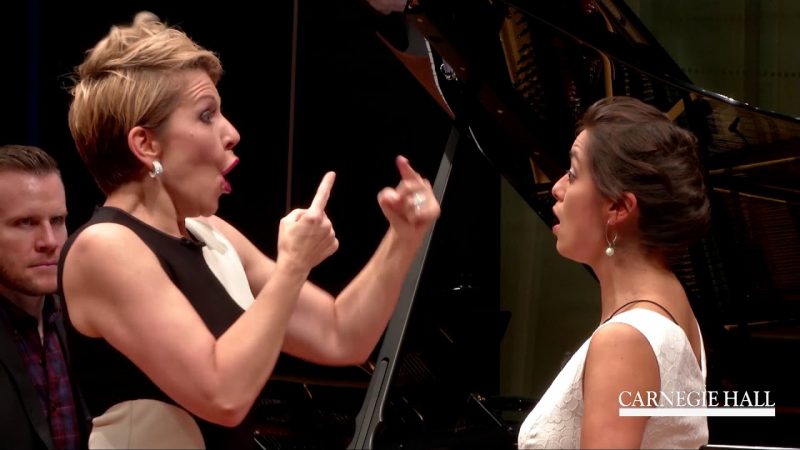I love watching opera master classes online.
If you’re not familiar with this genre, here’s what it involves:
Young singers perform in front of an audience, while well-known opera stars critique their performances in real time. The singer may start out as solid, or even exquisite, but the teacher finds subtle and blunt ways to coach them to new heights.
Singing difficult material in front of a live audience—and a global online audience—with a famous expert standing right beside you, telling you what you’re doing wrong, requires a level of vulnerability that most of us don’t risk in our daily lives. If you want to know what courage looks like, watch these students.
In a recent post, I shared one of these videos and used it as a jumping-off point to comment on the importance of connecting “principles, methodology, process, tools, and results… in that order.”
I want to explore that idea in a bit more depth.
In the current economy and mediasphere, the emphasis is almost always on quick-fix solutions, immediately digestible advice. Yet the higher we intervene in the knowledge stack above, the more energy we can unlock.
Even for non-singers, these opera master classes are object lessons not in what to think but how to think. They also demonstrate the deep intertwining of cognition, kinesthetic awareness, emotional intelligence, technological support, and social context.
We can be smart and fully alive at the same time. In fact, that is the only option.
“What an amazing word ‘heady’ is, en passant, suggesting both acute and sensuous alertness, and its opposite, the pleasure of the brain as opposed to the viscera—though each is implicated in the other, as we know very well, with both, when they are working.” – A.S. Byatt, Possession
Next article: Principles
